There’s more to Poodles than meets the eye. These curly-haired canine companions are one of the world’s best-known dogs and a great addition to any family. But how well do we really know them?
The rest of this article lists the 10 most amazing facts about Poodles so you can learn more about this classic breed of dog.
10 Interesting Facts About Poodle Dog Breed
1. There is a reason for the Poodle-cut and it’s not fashion
The classic Poodle hairstyle might look more pom-pom than high fashion, but it is cut that way for a reason: functionality. Poodles are active, high-energy dogs and they love a chance to get into the water.
However, their thick hair gets heavy when wet, and if they had a full coat, it would be very difficult for them to swim. Cutting all the hair would certainly make the Poodle a more efficient swimmer, but they would get too cold.
As a compromise, breeders decided that the best solution would be to trim some of the hair but leave it growing around the joints and upper torso. This way, they could protect these most important parts of the body from the cold.
The American Canine Association says that if your Poodle is getting a cut for a dog show, it must be either the Continental Clip, the Modified Continental Clip, or the English Saddle. And for the youngsters, the official Puppy Clip is what you need.
2. Poodles were originally bred as hunting dogs
The name ‘Poodle’ comes from the German word ‘Pudelhund’. Derived from the term ‘pudeln’, the word means ‘to splash about. And they were not wrong! Poodles sure do love splashing about in the water.
Poodles were originally bred as hunting dogs, and their job was to go into the water and retrieve the bodies of fallen waterbirds and bring them back to their owner. Although not generally thought of as retrieving dogs, Poodles are still used by hunters in the field today.
3. There are five Poodle sizes, not three
The American Kennel Association recognizes three official Poodle varieties: the Standard Poodle, the Miniature Poodle, and the Toy Poodle. While they range in size from large to very small, all must comply with the breed standard.
There are also two unofficial Poodle varieties that the American Kennel Association does not recognize: the Klein Poodle and the Teacup Poodle. The Klein Poodle fits between the Miniature and Standard Poodles in size, and for that reason is also commonly known as the Medium Poodle.
If having a dog that fits in the palm of your hand is for you, you might consider a Teacup Poodle. It is the smallest of all Poodle varieties and can weigh as little as two pounds.
4. Poodles are covered in hair, not fur
When a dog’s fur grows to a certain point and then falls out, this is known as shedding and it can be a messy business for owners whose dogs love to laze away on the couch or carpet all day.
Poodles have hair that is more like humans: it grows continually and does not fall out. But it does need to be cut. If a regular, four to a six-week trip to the groomer is too much of a price for a pristine carpet, the Poodle may not be right for you.
5. Poodles love an active lifestyle
No matter what their size, Poodles love to lead an active lifestyle. And the more time spent at the dog park or pounding the pavement with their favorite human, the better!
Originally bred as duck hunters, Poodles also love any chance to get into the water for a swim or to retrieve a stick or a ball.
In 1988, a team of Standard Poodles even competed in the Iditarod Trail Sled Dog Race in Alaska! Today, only dogs suited to such a cold climate are allowed to race.
6. The Poodle breed originated in Germany, not France
You can be forgiven for thinking that Poodles were first bred in France. In fact, they come from Germany and the term ‘French Poodle’ is incorrect. If you live in France, you will know that Poodles are called Caniche, which is French for ‘duck dog’.
7. Poodles can sense human emotions
Most dog owners will tell you that their pooch knows when you’re feeling happy or sad or somewhere in between. Poodles are no different. Researchers at the University of Lincoln have discovered that Poodles can recognize the difference between expressions of anger, happiness, and sadness in humans. They do this by looking at the micro-expressions in a person’s face.
8. Poodles make great assistance dogs
Thanks to their intelligence, love of action, and willingness to please, many Poodles have jobs. The most common jobs are for guide dogs, hearing dogs, therapy dogs, and assistance dogs.
Poodles can be trained to do just about anything, and while there aren’t too many Poodle guide dogs, they thrive as help for the hearing impaired and those who benefit from having an emotional support animal.
What’s even better is that with a coat that does not shed fur, they are perfect for people who suffer from allergies.
They’re even a great help if even you need a powerful nose to sniff out a truffle or two!
9. Poodles are one of the most intelligent breeds
Don’t let their looks fool you, Poodles are widely regarded as one of the smartest dogs around. Easy to train and real people-pleasers, they love being involved in canine sports like agility, tracking, and obedience.
They also love being in the water, so Poodles can hold their own against the best canine retrievers out there. They love to take part in dock diving and retriever hunt competitions.
10. Poodles are one of the most popular dog breeds
According to the American Kennel Club, in 2019 the Poodle ranked as the sixth most popular breed of dog in the United States. It was beaten to the post by the Labrador Retriever, German Shepherd, Golden Retriever, and French Bulldog.

 DogExpress
DogExpress

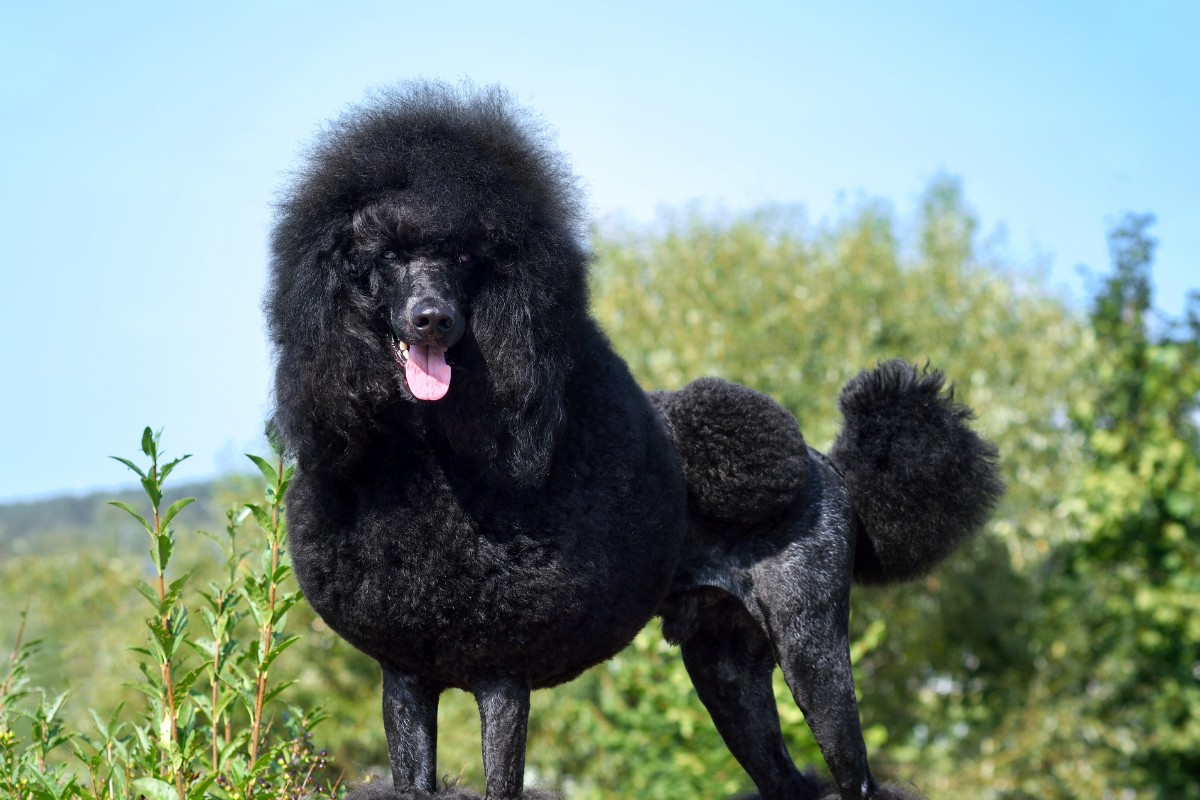
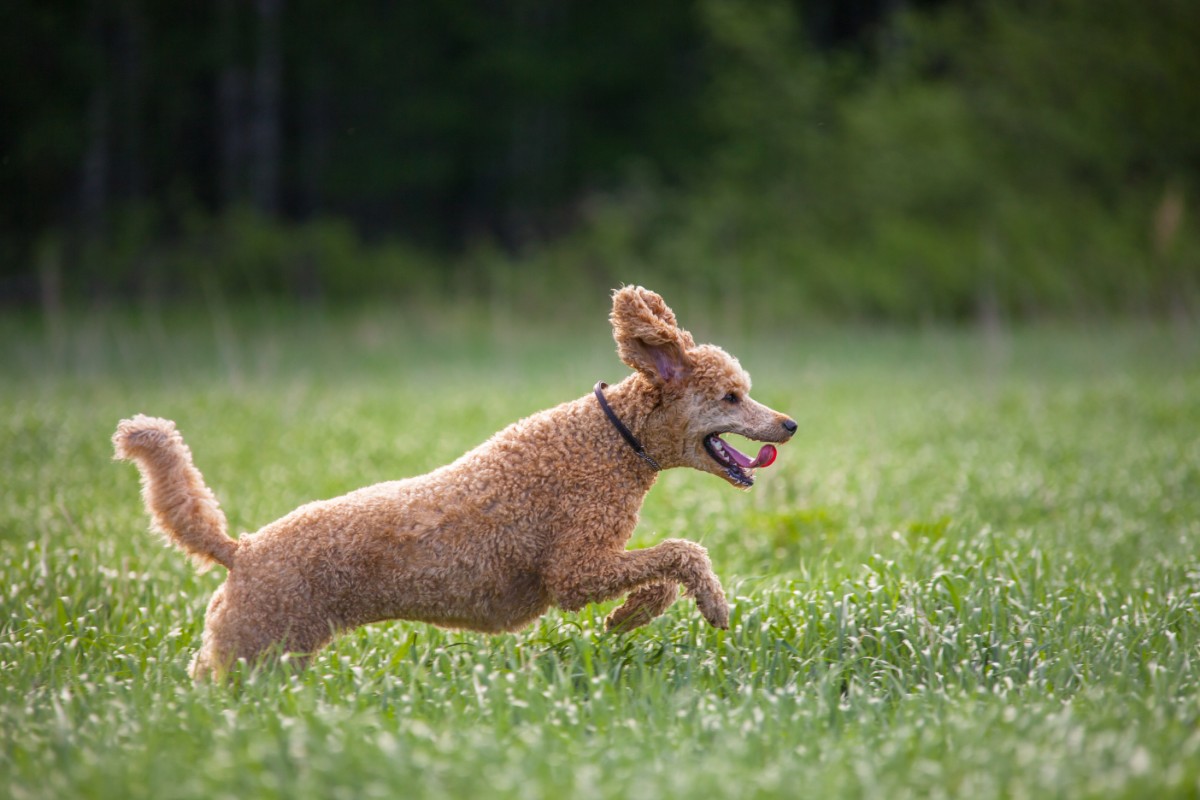
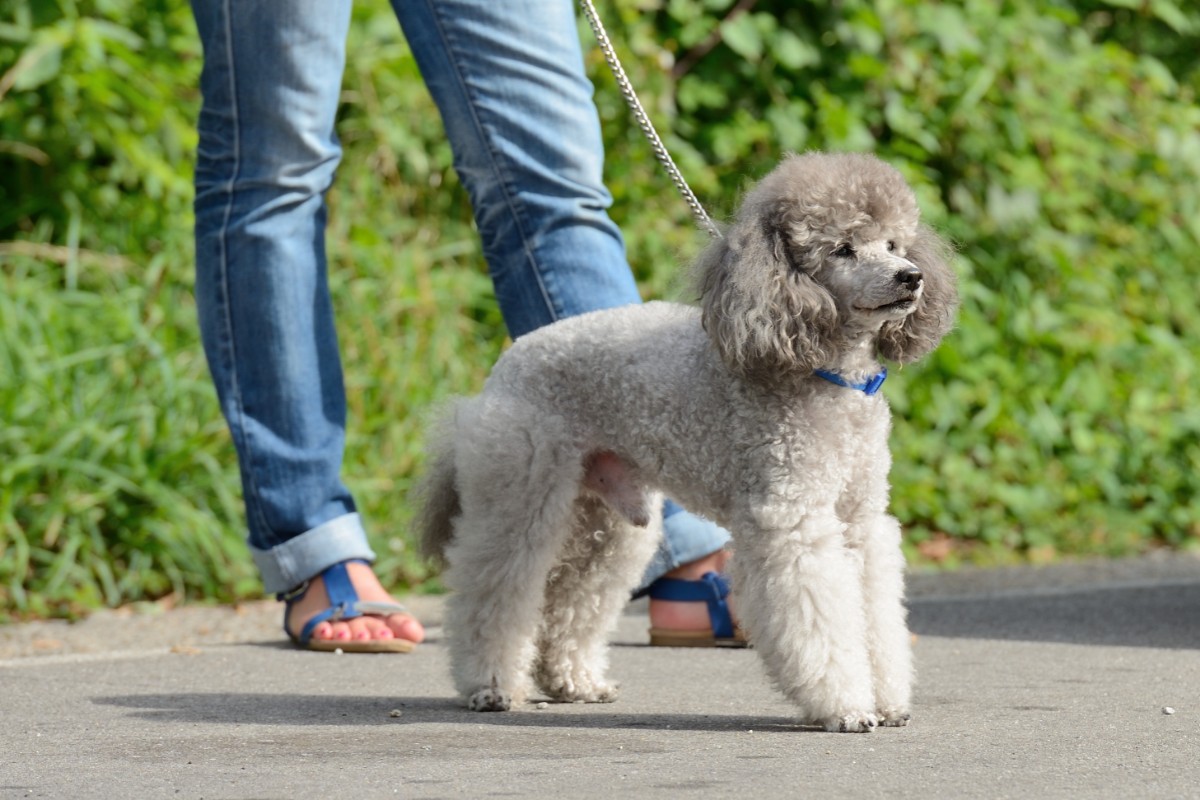
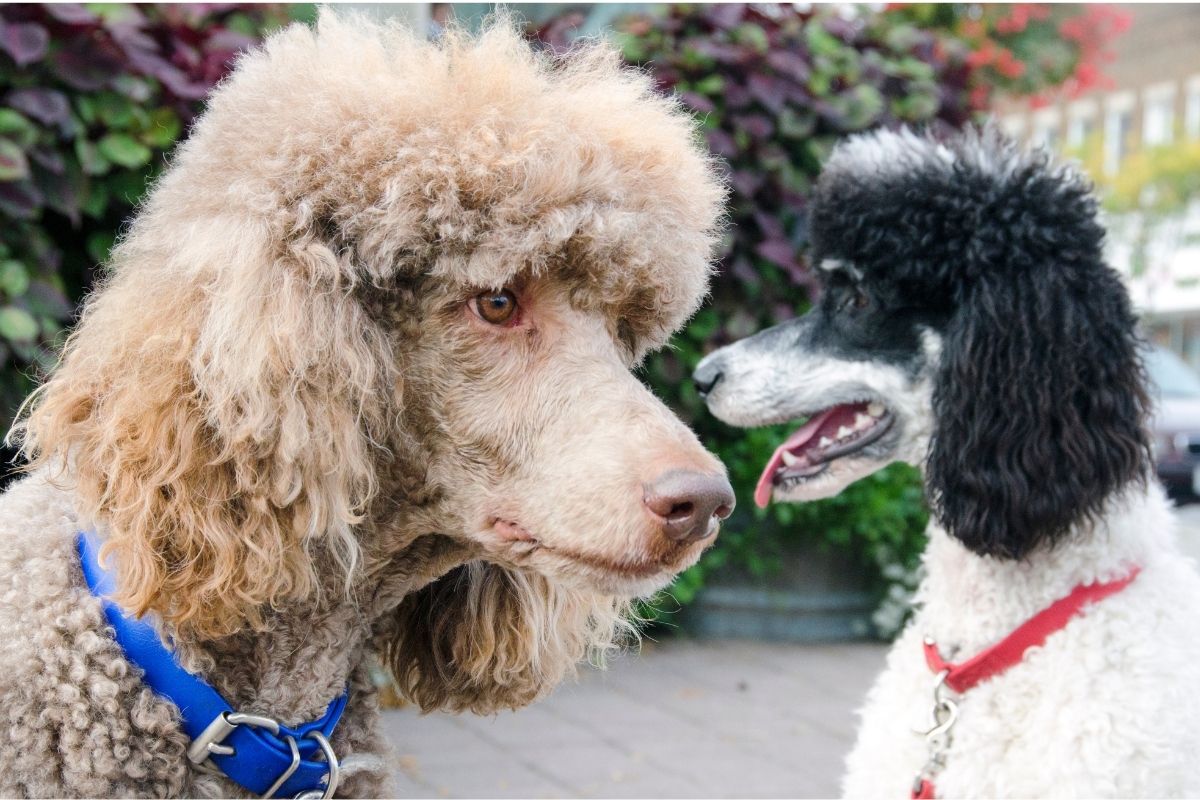

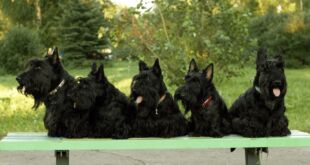
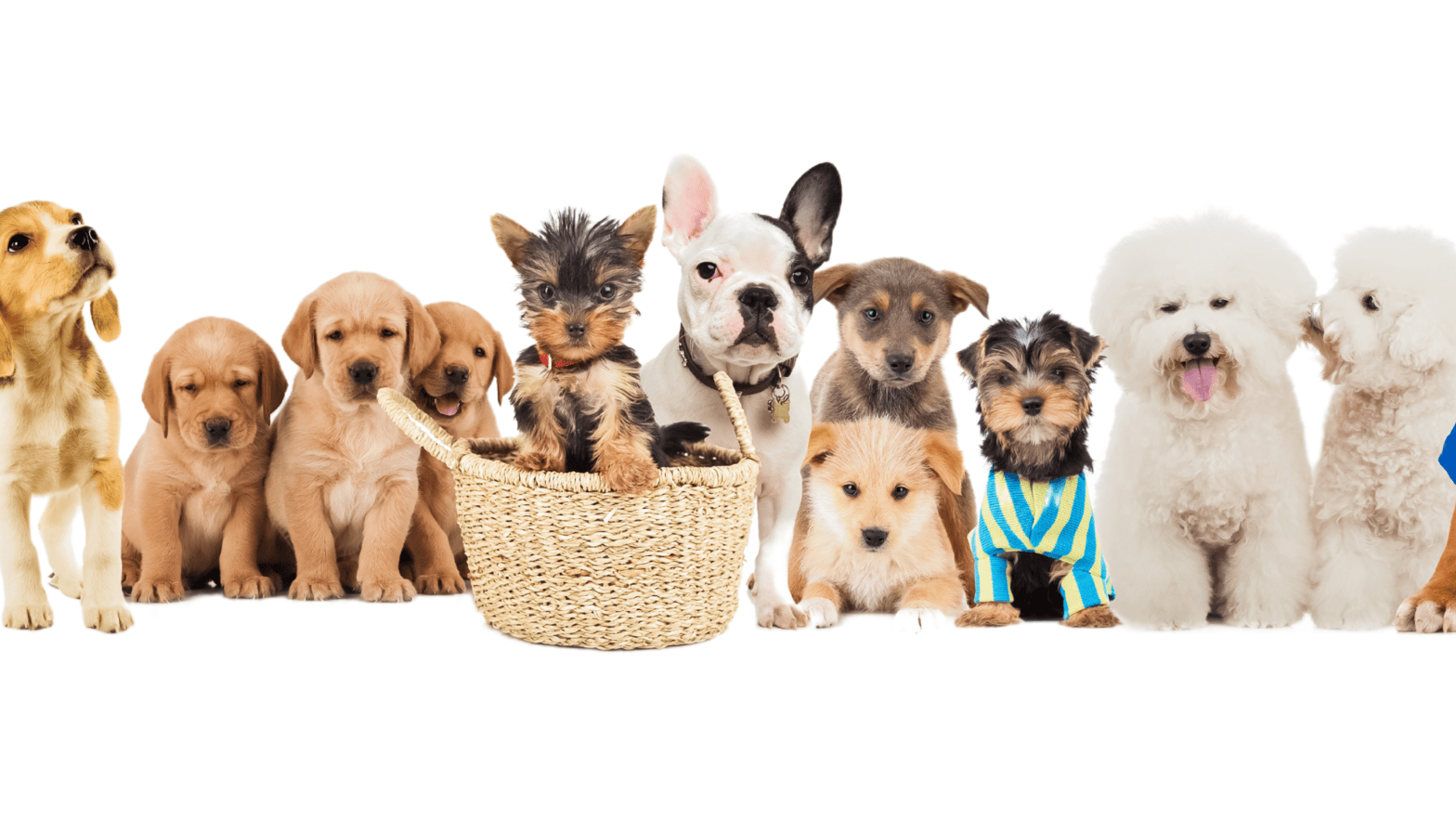

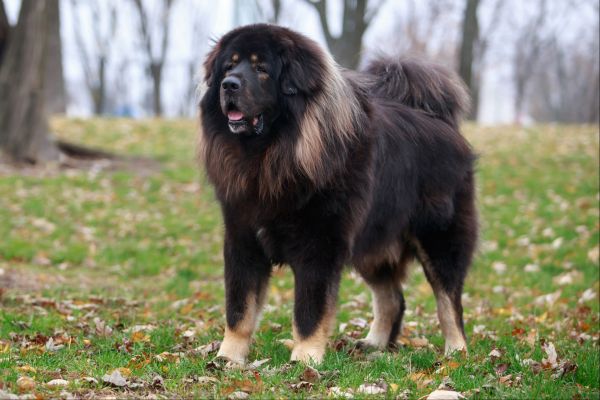












 in Chandigarh, India.
in Chandigarh, India. 
